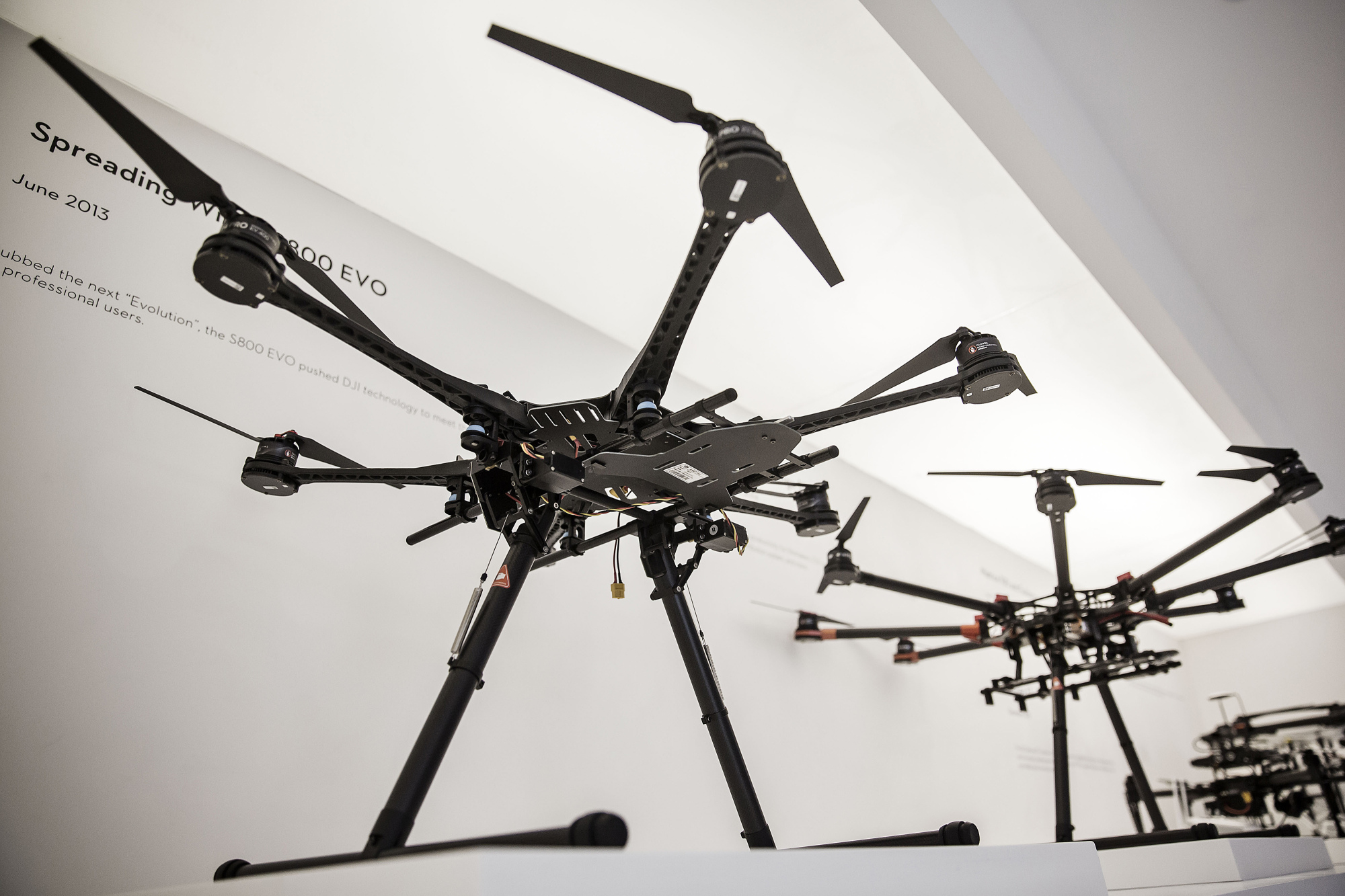
China successfully conducted a test flight of its largest unmanned cargo aircraft designed for civilian use, signaling its growing commitment to developing a robust low-altitude economy. The twin-engine aircraft, with a payload capacity of 2 metric tons, completed its inaugural flight on Sunday, according to state media reports. The flight lasted approximately 20 minutes and took place in southwestern Sichuan province, with the aircraft developed by Sichuan Tengden Sci-tech Innovation Co.
As China continues to lead in drone manufacturing, the country’s civilian drone makers are increasingly focused on larger payload capacities. This aligns with the government’s strategic push to build a low-altitude economy, which the aviation regulator predicts could become a 2-trillion-yuan ($279-billion) industry by 2030—an anticipated fourfold increase from 2023.
The new cargo drone boasts a wingspan of 16.1 meters (52.8 feet) and a height of 4.6 meters (15 feet), making it slightly larger than the widely recognized four-seat Cessna 172 light aircraft. The aircraft is entirely a product of government-funded research by Tengden.
This test flight follows the recent maiden voyage of the HH-100, another cargo drone developed by Aviation Industry Corp of China (AVIC). The HH-100, which has a payload capacity of 700 kilograms (1,543 pounds) and a flight range of 520 kilometers (323 miles), first took to the skies in June. Looking ahead, AVIC plans to test its largest cargo drone to date, the TP2000, in 2025. The TP2000 is designed to carry up to 2 tons of cargo over a distance of 2,000 kilometers (1,243 miles).

The low-altitude economy was identified for the first time this year as a potential new growth engine by the Chinese government, with vertical mobility recognized as a “new productive force” for areas like passenger transport and cargo deliveries. In line with this, the Chinese aviation authorities granted a production certificate in April to UAV maker EHang Holdings, based in Guangzhou, for its passenger-carrying drone—China’s first such certification for an autonomous passenger vehicle.
In May, Phoenix Wings, a subsidiary of the delivery giant SF Express, began using its Fengzhou-90 drones to transport fresh fruit from Hainan province to southern Guangdong. The Fengzhou-90 was developed by SF, a unit of S.F. Holding.
Featured Image courtesy of The Japan Times
Follow us for more updates on China’s drones.
